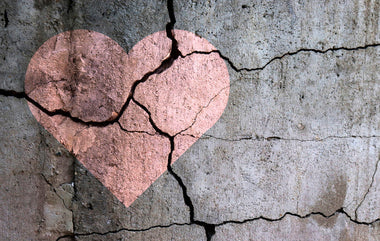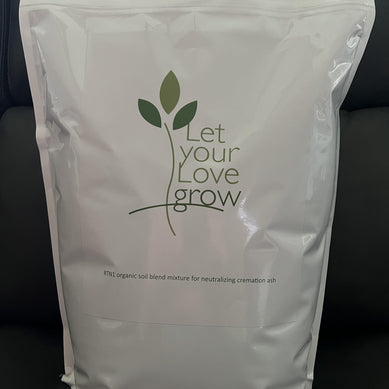Navigating the First Year: Tips for Coping with Fresh Grief
Grief impacts almost everyone at some point in their lives. Maybe you’ve been through it before. Maybe you’ve heard about the stages of grief and know how important it is to work through them.
But, when you’re dealing with a recent loss and the sting and pain of your grief are still new, it can be difficult to think about anything else. The effects of grief can lead to anger, guilt, anxiety, depression, and so much more. When grief is new, you might feel like you’ll never be able to move forward.
If you’re having a hard time finding any hope or happiness, know that you’re not alone, and there’s not an ideal timeline to follow. Everyone grieves at their own pace. But, knowing how to cope in healthy, effective ways will help you get through the process sooner, and with your well-being in mind.
Grief Isn’t Linear
Although there are stages of grief, it’s important to remind yourself that it isn’t a linear experience for everyone. You might move forward for a while and then feel a major emotional storm come crashing in, sending you back to anger or denial. That’s understandable and normal, especially when grief is new.
The stages of grief aren’t necessarily easy to walk through. Some of the common symptoms throughout the first year of grief include numbness, overwhelming sadness, and even anger and guilt. You should learn to expect the unexpected, as these symptoms might overwhelmingly come at once, or they could come and go in waves.
As you start to move forward, try to focus on things that make you feel better, which could include getting out in your community. Volunteering for an organization you’re passionate about, or taking care of someone else can go a long way in changing your perspective and giving you a renewed sense of hope.
Finding Help and Support
One of the worst things you can do when you’re grieving is try to go through the journey alone. You might want to withdraw from things you typically enjoy and people you love. Unfortunately, that’s likely to fuel your anxiety and depression and create a vicious cycle that’s hard to break.
If you’re really struggling with anxiety or depression due to grief, it can also be beneficial to reach out to a professional. You might benefit from working with a therapist or counselor if:
- You’ve experienced unhealthy changes in your eating or sleeping habits;
- You’re overspending;
- Your grief is impacting your career or relationships.
If you’re leaning on unhealthy coping strategies simply to get through the day, it’s time to reach out for help. Therapy can help you foster healthier habits to get you through difficult times, like establishing a new routine, pursuing your passions, or even changing your sleep hygiene to get more rest. You don’t need to tackle everything on your own when it feels like your world is caving in. Lean on your support system. There are others who are undoubtedly feeling the same things as you, and being able to talk about those emotions together can make a big difference.
Honoring Who You’ve Lost
Closure can help you deal with grief. It doesn’t mean what you’re feeling goes away, but it can make you feel like it’s okay to move on. If you’ve lost a loved one, something like a funeral or celebration of life can provide some closure.
Honor who you lost in whatever ways you can. Consider setting up a charity fund in their name. Wear a piece of jewelry that was theirs, or do something that they always wanted to do but never got the chance to.
Sometimes, getting rid of some of your loved one’s items can also help with closure. It’s not uncommon for people to put this off, as it can be an overwhelming process. But, it can also help you move on and potentially give new life to something your loved one owned and cared about. You don’t have to throw things away. Instead, consider donating them to people and places in need. Some of the best organizations across the country that accept donations include:
- Salvation Army;
- National Council of the United States Society of St. Vincent de Paul;
- Once Upon a Child;
- Habitat for Humanity ReStore;
- Goodwill;
- Planet Aid.
Don’t hesitate to do some research on different organizations and their missions. By donating some of your loved one’s belongings to these nonprofits, you can feel good about doing something important in honor of their memory.
Grief gets easier over time, but that doesn’t mean you won’t still experience waves of intense emotions, especially in the first year. Keep these suggestions in mind, don’t take on the effects of grief on your own, and be open to the journey ahead as you live the way your loved one would want you to.
Meet the Author
Charlie Fletcher is a freelance writer from the lovely “City of Trees”- Boise, Idaho. Her love of writing pairs with her passion for social activism and search for the truth. When not writing she is a part time wedding planner and spending time with her nephews. And yes, she does love all kinds of potatoes!










